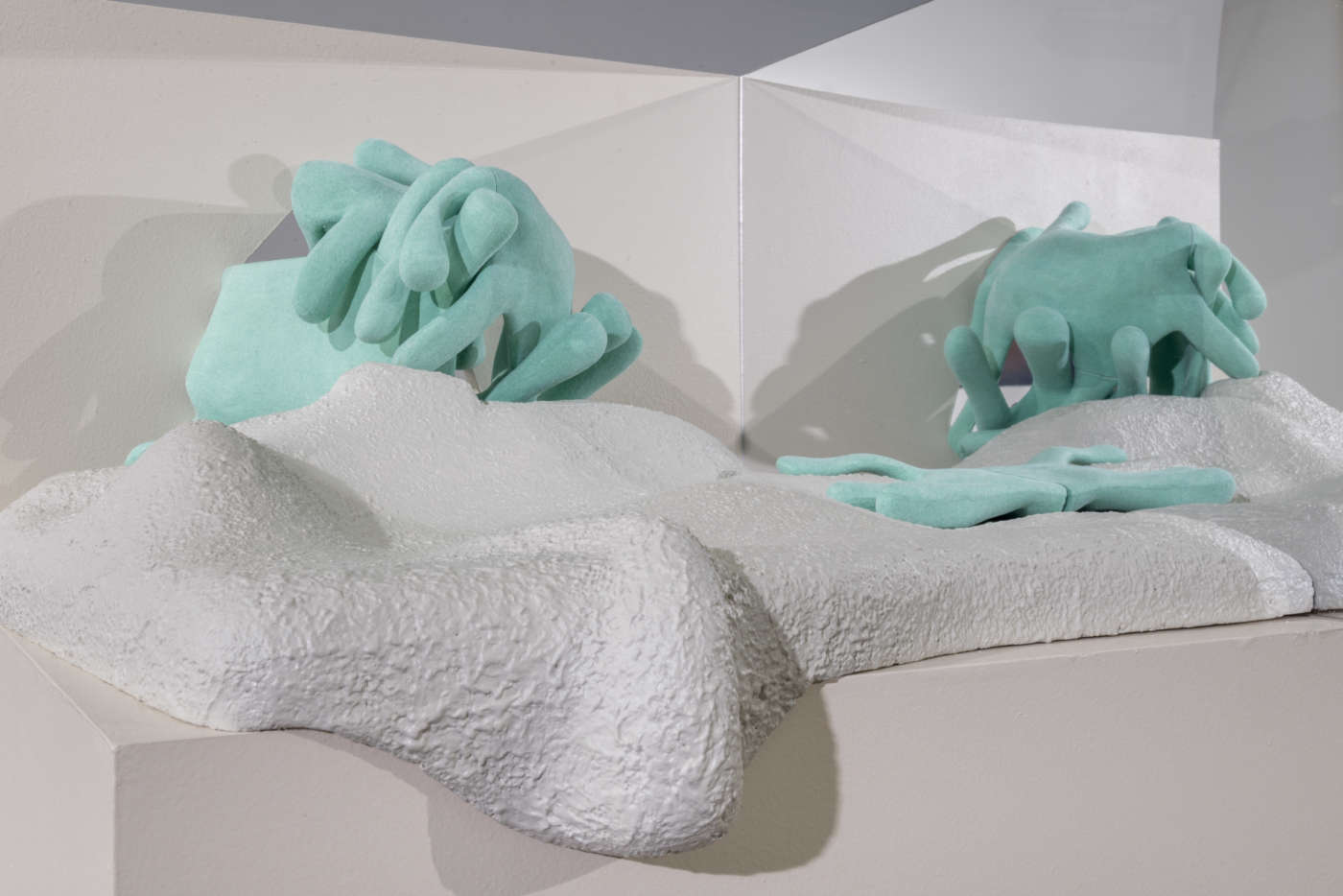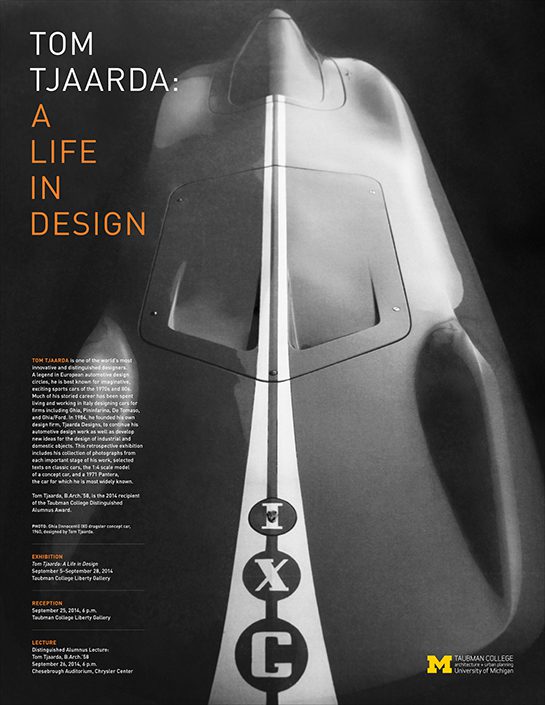Faculty Members Thün and Velikov present design research at the 2012 International ZEMCH Conference in Glasgow, UK
Associate Professor Geoffrey Thün and Assistant Professor Kathy Velikov will present a paper entitled ‘Latitude Housing System: Mass-Customized Net Energy-Positive Housing for the Great Lakes Region’ at the Zero Energy Mass Customized Housing (ZEMCH) Conference in Glasgow UK, August 20-22 2012. An international network of researchers investigating methods by which zero-energy housing might penetrate the market has organized the conference that will be held at the Mackintosh School of Architecture at The Glasgow School of Art. In addition to presenting their work, Thün will chair a session entitled “Zero Energy Housing Initiatives and Practice” that will examine the uptake of mass-customized manifesting techniques and technology transfer and Velikov will chair a session “User Behavior and Control” that will examine the relationships between advanced technologies and sustainable living patterns.
The Latitude Housing System that will be presented by Thün and Velikov proposes to translate methods of Mass-Customized housing production developed in Japan by industry leaders such as Daiwa, Sekisui Chemical Co, Panahome and Misawa Homes to sponsor a vertically integrated model for net positive energy housing specifically designed to respond to the climatic conditions within the Great Lakes Megaregion while capitalizing on the current climate of support for high-tech manufacturing initiatives in both the US and Canada. The system features a hybrid modular and flat-packed design strategy that integrates sensor-rich responsive envelope systems, energy harvesting technologies, and intelligent user interfaces for the management of these systems. In 2009, the North House was developed by an inter-institutional team of academic and industry collaborators as a 800sf prefabricated prototype to demonstrate the Latitude System’s potential, and was featured as part of the US Department of Energy’s Solar Decathlon that year. The house is currently being reconstructed at the Rare Charitable Research Reserve where it will undergo a multiyear cycle of post-occupancy evaluation and testing. Over the long term, the house will operate as a testbed site for the evaluation of new generations of energy-positive building technologies and for the study of individuals’ interaction with these systems. MArch 2010 graduate Mary O’Malley assisted in research for the paper, and is also a co-author.
For more on ZEMCH 2012 click here








